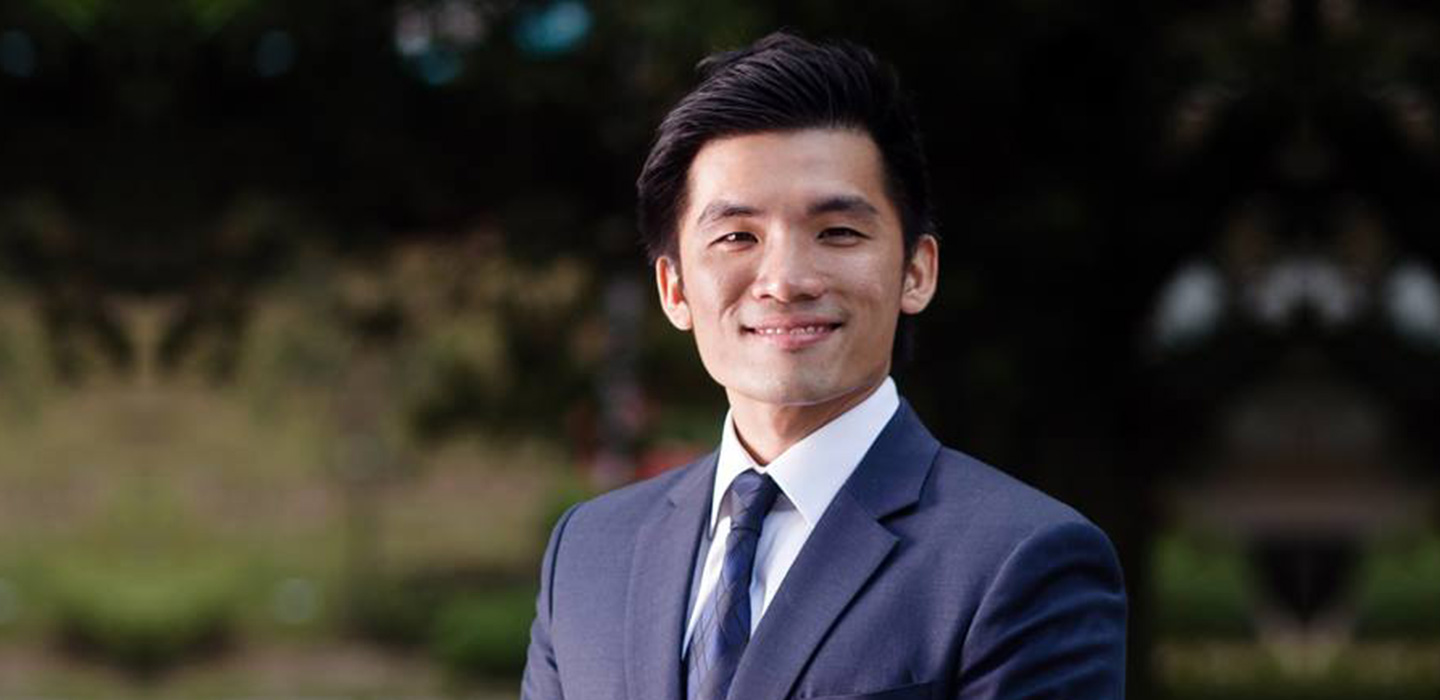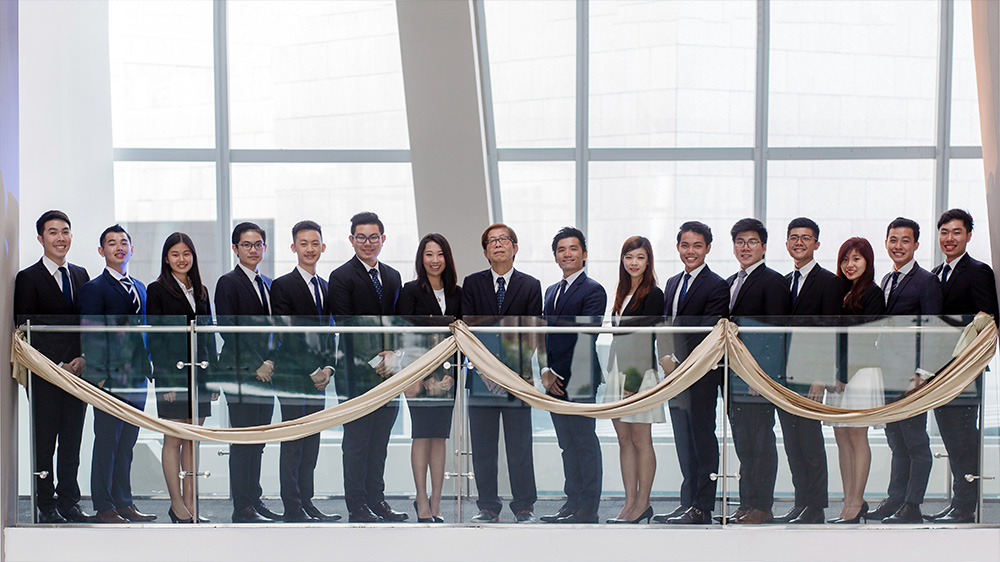Final year BBA student Albert Ho, who is the co-chair of this year’s NUS-SP Group Case Competition 2017 shares his thoughts on planning a large scale event while maintaining his school work.

Top 3 insights to help you lead and organise an international competition

Since its inception in 2009, the annual NUS Case Competition has built a strong reputation within the international case competition circuit, attracting brilliant teams from across the globe. Organised by National University of Singapore (NUS) Business School’s Case Consulting Group, the event is “by students, for students”, while being supported by NUS Business School seniors and faculty advisers.
This year, the NUS Case Competition is proud to have SP Group collaborating with us to present the NUS-SP Group Case Competition, in a push towards promoting and building capabilities of innovation and productivity within the services and energy sectors.
As a co-chair of this year’s event, I have been working with multiple committees to ensure the smooth planning and execution of the event, including securing corporate partners, logistics, multiple stakeholder management, as well as personally putting up posters as part of our publicity efforts.
The past eight months have been a learning process for me in terms of balancing my workload and time management. Apart from leading a team of 26 peers, I have also had to keep up with schoolwork and do an overseas summer internship.
After witnessing my predecessors’ professionalism and thoughtful planning when I was a participant in 2016, the pressure is on to continue the success of the event. To date, being “in-charge” has underscored three key insights that are relevant beyond organising the NUS Case Competition.
1. Celebrate every small win to maintain a positive attitude
Challenges present themselves at every possible point, no matter how well prepared you think you are. However, adopting a positive outlook has definitely helped me persevere, and learn to solve each situation with a clear mind.
Every “no” that the team faced when canvassing for potential corporate partners was a tough learning experience. I believe we reached out to as many as 100 organisations and had only five respondents. We found out the hard way that we had missed many organisations’ fiscal budget planning period, and were left discouraged and worried of failing even before we officially began.
Despite our doubts, we took things in our stride: cheering and encouraging one another constantly. While we can definitely complete challenges on our own, the “win” is always greater when it is a team effort.
2. The devil is in the details; align your stakeholders
It is all in the details – and you cannot afford to leave any stone unturned. The ability to identify and address such issues would reduce stakeholder miscommunication and avoid delays in progress of a particular area of work. These include ensuring accuracy of international participants’ personal information, managing expectations of various stakeholders, budget management and even legal issues. Internally, decisions and actions taken by each team member are also inter-dependent and could potentially affect one another.
I work best in an environment where there are small but frequent work-in-progress updates between stakeholders and team members. Objectives and concerns are then addressed in a timely manner, which results in more focused and effective decision-making processes.
3. Lead with passion and grit no matter how tough the situation
As the saying goes, “the team is only as strong as its weakest link”. Being “busy” is not an excuse, as everybody has equally urgent matters on hand.
My approach to leading and working in a large team is to be a “servant leader”. After delegating different responsibilities, the key is to trust each other. Each team member keeps me abreast of their work, thus allowing me to monitor everyone’s progress and involvement. This also helped me to address issues whenever required, with minimal time wasted.
At the same time, you have to “walk the talk”. Motivating my team members to me means displaying grit: leading the way by working alongside everyone. Being passionate is also infectious and this helps keep everyone focused on our shared vision of successfully presenting Asia’s premier case competition.
Being part of this year’s NUS Case Competition organising committee has been a tremendously fruitful learning experience for me.
The NUS-SP Group Case Competition 2017 will take place between 30 August and 8 September. This year’s competition is sponsored by SP Group and SPH is the media sponsor. Find out more at facebook.com/NUSCaseCompetition.


